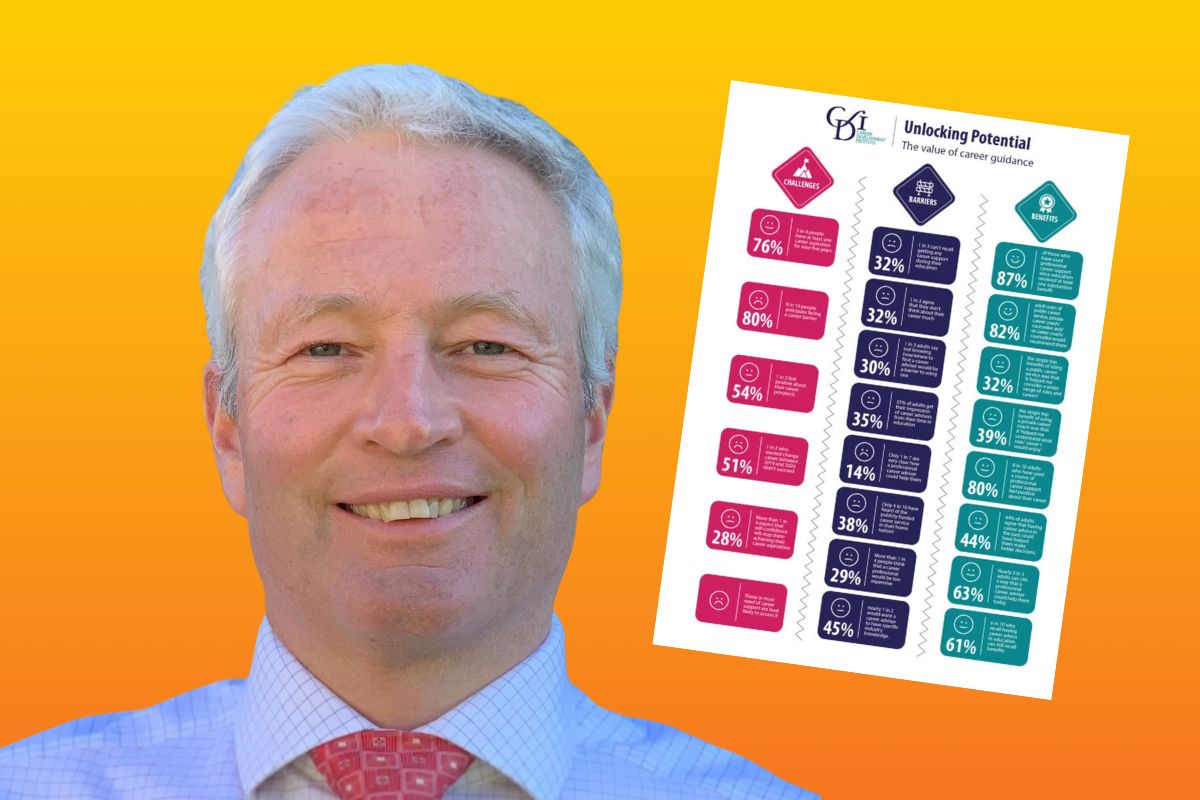Will DfE spend on evidence-gathering translate into better child social care?

Child social care: Department for Education’s spending on what works best for children in care a good move but still needs to deliver better outcomes
In a report today PAC examines the Department for Education’s £333 million programme to see what delivers best for children in the care system.
The 14-year evaluation of innovations in children’s social care is a long-term commitment to making sure that evidence is used to improve outcomes for children. The Committee is calling on the Department to demonstrate how the evidence it is gathering is leading to improvements on the front line.
The PAC concludes that DfE has
“further to go to embed a culture of evaluation in social care” so that the opportunities to secure better outcomes for children are not lost when dedicated funding for these innovation projects ends. Local authorities in England spend around £9 billion per year on children’s social care and the cost of evaluation is good value as it “will often be a mere ’rounding error’ when compared to the scale of mainstream spending they can influence”, the committee concludes.
The Innovation Programme was intended to improve outcomes for children in the social care system as well as producing savings. However, the Committee “is not yet convinced the Department’s dissemination of learning from the programme is delivering widespread improvement”.
The Independent Review of Children’s Social Care considers that the Innovation Programme’s ‘scale and spread’ approach is “limited” and there is “already enough evidence for investment in new approaches” and warning “the costs of inaction are too high”.
Dame Meg Hillier MP, Chair of the Public Accounts Committee, said:
“The Department for Education has established a proper approach to assessing whether its new programmes will actually deliver better outcomes for children in the care system and the taxpayer.
“This is welcome. The test will be how it ensures that robust use of evidence to change the care system is not just a flash in the pan or dismissed as an expensive luxury at a time of cuts. It is vital that it is continued to make sure that these children receive the best support possible.
“Reports of councils paying a million pounds a year, of taxpayers’ money, for a residential place for a single child with complex needs are a reminder of the cost to the taxpayer, and not always an indicator that the young person is getting the right support. In an historic public spending squeeze, getting better outcomes for the money spent is a win-win that we all want to see.”
PAC report conclusions and recommendations
- The Department has further to go to embed a culture of evaluation in children’s social care. The Department wanted its Innovation Programme to build a culture of evaluation in children’s social care and to encourage local authorities to take an active role in the development of evaluation. The sector was behind many others on the use of evidence, lacking organisations such as the National Institute for Care Excellence or the Educational Endowment Foundation which have supported learning around what works elsewhere. It was difficult for the Department in that context to prove which approaches were worth investing in. The Department describes the impact of the Innovation Programme, alongside the establishment of the What Works Centre for Children’s Social Care, as ‘transformational’ in growing an appetite for evaluation in the sector. Good quality evaluation is expensive, however, and the use of robust evaluation techniques is not yet routine. The Department sees the forthcoming merger of the What Works Centre for Children’s Social Care and the Early Intervention Foundation as an opportunity to strengthen standards and embed evaluation more effectively across the sector.
Recommendation: The Department should set out how it intends to further its aim to develop a culture of evaluation as its dedicated funding for innovation schemes comes to an end.
- We are not yet convinced the Department’s dissemination of learning from the programme is delivering widespread improvement. The Innovation Programme and its successor schemes have spread practice from six promising innovations across 57 further local authorities. There is some evidence that practice from the schemes is being taken up outside the scope of the funded programme. There is encouraging early data indicating the potential impacts of projects in these successor schemes. The Department does not yet have a complete picture of the impact of the programme on outcomes for children, however, and the evaluations from the successor schemes are only due between Autumn 2022 and 2027. The Department recognises the need to balance the tensions between the time needed for its formal evaluations to report, and the desire in the sector for early action. Understanding impact is also complicated by the lack of a coherent set of outcomes for children’s social care. The Independent Review of Children’s Social Care considers that the programme’s ‘scale and spread’ approach is limited in the absence of fundamental change and that there is sufficient evidence already for investment in new approaches, warning the costs of inaction are too high.
Recommendation: The Department must set out a coherent set of outcomes it expects from the sector in its response to the Independent Review of Children’s Social Care, and further report on the impact of the innovation programme and successor schemes in supporting these outcomes.
Recommendation: The Department should set out how it will secure a better understanding of the take-up of learning by local authorities across the country.
- The Department does not yet have the data it needs to understand the impact of the innovation programme. Systems that provide high quality information to everyone involved can contribute to a culture of evaluation and an understanding of what is working. Lack of data has proved a challenge for many Innovation Programme projects. Furthermore the small scale of projects within the Innovation Programme risks creating statistical challenges understanding the impacts of these schemes on particular minority groups. The Department needs to balance support for local authorities collecting the information they need locally, with considerations for what is required nationally to understand the effectiveness of these schemes across population groups. More widely, the Department concedes there is notcurrently a shared view on what data needs to be collected across the children’s social care sector. The Department reports it has work underway in response to recommendations around data raised by the Independent Review of Children’s Social Care.
Recommendation: The Department should set out the standards it expects for local data collection, and make clear the benefits for local authorities of collecting good quality data. The Department should also use its new outcomes framework to shape its own data collection strategy.
- Potential innovation risks being hampered by inflexibility in the wider system of children’s social care. The Department intended the Innovation Programme to both improve outcomes for children in the social care system and produce savings. Residential care in children’s homes is especially expensive, while outcomes for children appear better for those supported in kinship settings. The Department intends its response to the Independent Review of Children’s Social Care to promote support for keeping children in kinship groups or foster care as preferred alternatives. However, we have seen many examples of local barriers to supporting children in these settings, including inflexibility around the costs required to accommodate children taken into kinship care or foster homes, and help around the work and lifestyle changes required to effectively support them. The local government funding system is not always good at adapting to these needs, which risks resulting in more expensive residential provision being required.
Recommendation: The Department should work with the Department for Levelling Up, Housing & Communities and HM Treasury to develop plans for addressing the local funding boundaries and barriers that stop children getting the help they require.
- A challenging funding environment requires that government maintains its commitment to evaluation, and applies its learning to secure better outcomes. As the Innovation Programme and its successor schemes move towards the end of 14 years of funding by 2027, the Department wants to see innovation and learning activity move into mainstream practice. The phasing out of dedicated funding comes at a time the Department accepts is challenging for local authority budgets. The Innovation Programme has demonstrated that quality evaluation is expensive, but we share the Department’s view that it will usually represent what it called a ’rounding error’ when set alongside the value of mainstream services. The need for the best evidence to support the most impactful practice remains, and it is vital that the opportunities to secure better outcomes created by the Innovation Programme are not lost.
Recommendation: The Department should set out how it will demonstrate the benefits of its spending on innovation and evaluation for local authorities and other Departments to secure the full benefits of this spending. / ENDS
More information on this inquiry including evidence received











Responses